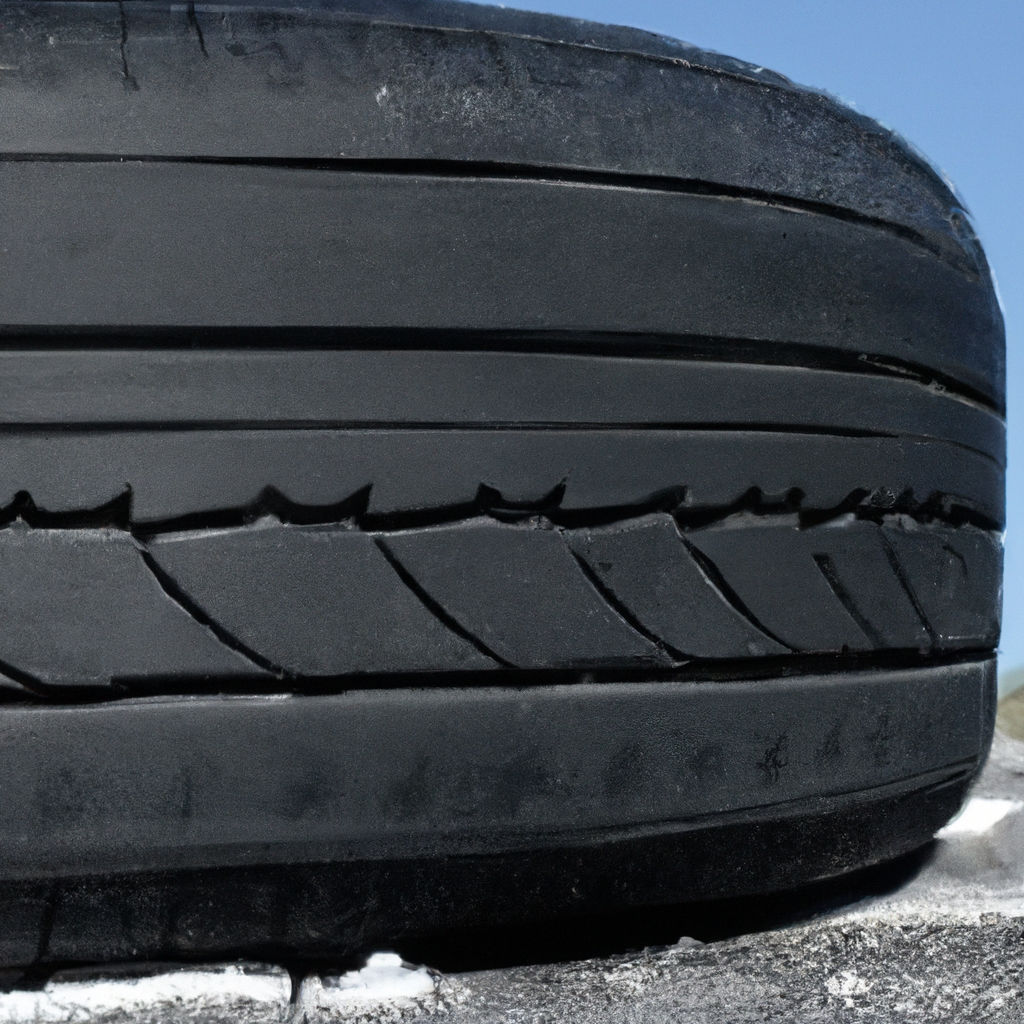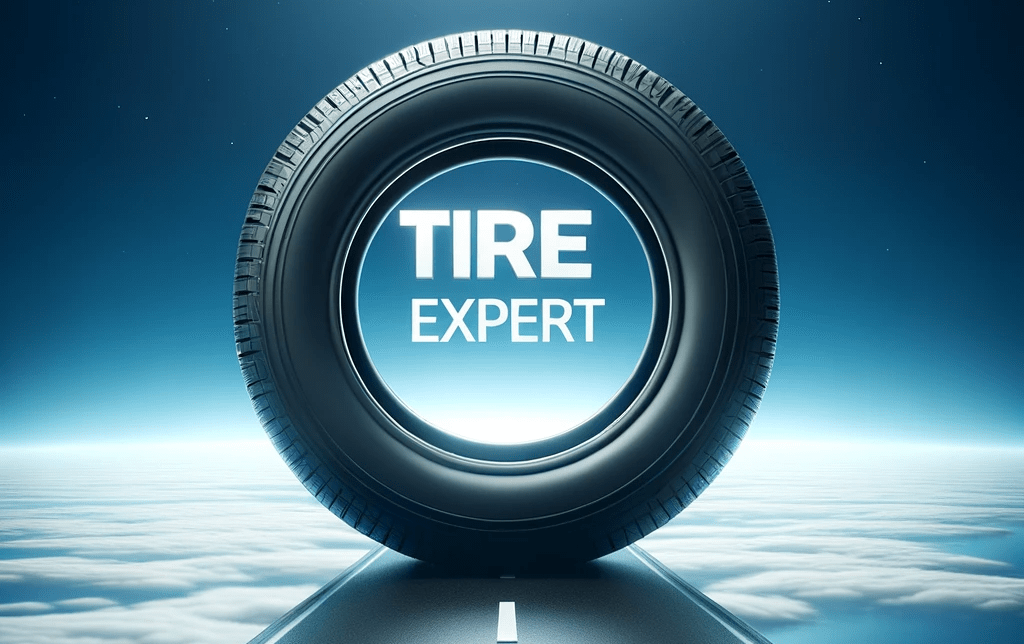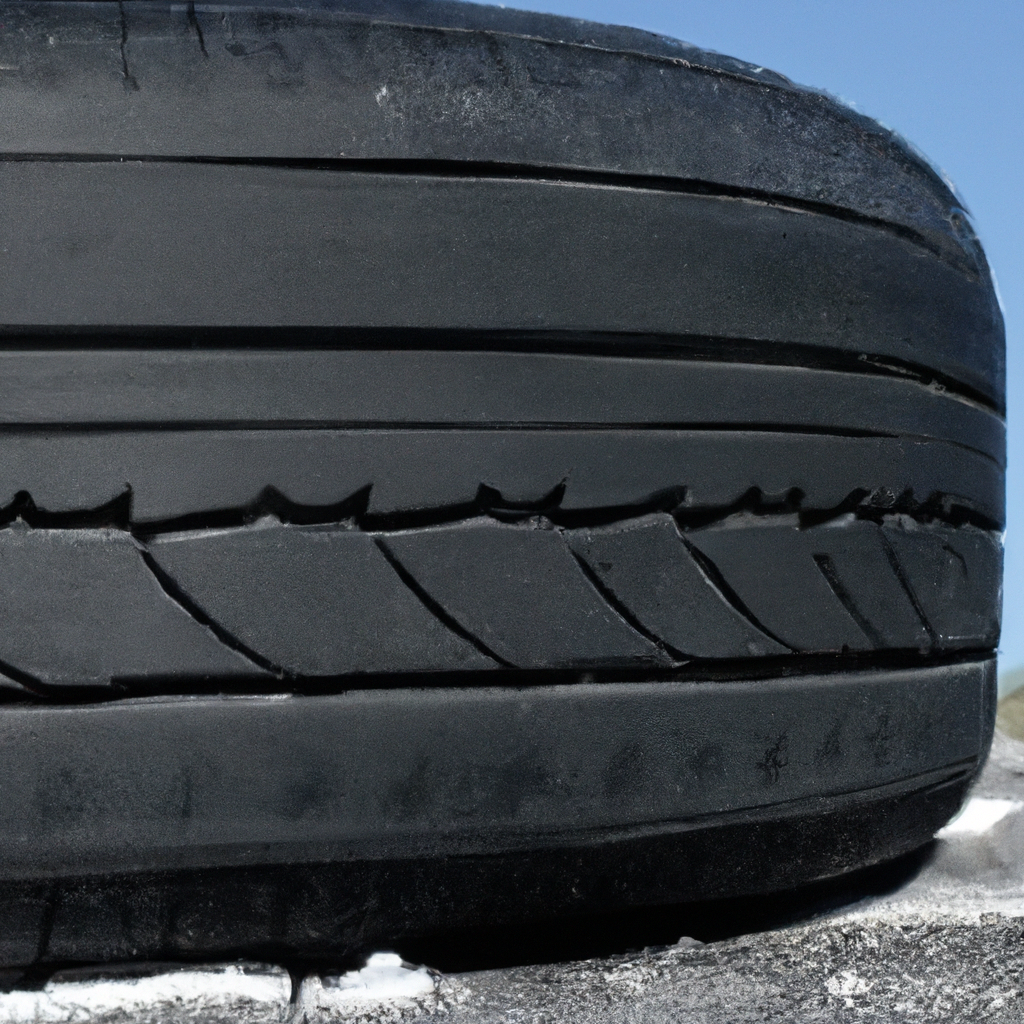Whether you’re preparing for a long winter season or simply leaving town for an extended getaway, the question of whether summer tires require any special care during periods of non-use may be on your mind. After all, your tires play a crucial role in maintaining your vehicle’s performance and safety. In this article, we will address this query and provide you with valuable insights to ensure your summer tires remain in optimal condition, even during extended periods of non-use. Yes, summer tires do require special care during extended periods of non-use. Proper maintenance and storage techniques are essential to ensure that your summer tires remain in optimal condition and perform well when you need them again. In this comprehensive guide, we will walk you through the steps of general care for summer tires, cleaning and preparing for storage, storing techniques, protection from direct sunlight, maintaining recommended air pressure, extended non-use care, importance of regular inspection, professional tire services, common mistakes to avoid, and the conclusion emphasizing the significance of proper care and regular maintenance.
General Care for Summer Tires
Summer tires are specifically designed to provide superior performance in hot and dry conditions, delivering excellent traction, handling, and braking capabilities. To keep your summer tires in top shape, it is important to follow some general care guidelines.
Regular Cleaning
Regular cleaning is crucial to remove dirt, grime, and road debris that can accumulate on your summer tires. Use a mild soap and water solution to scrub the tires gently, making sure to clean both the tread and sidewalls. Avoid using harsh chemicals or abrasive cleaners, as they can damage the tire’s rubber compound.
Proper Storage
When it comes to storing your summer tires, there are a few key points to consider. First, ensure that the tires are stored in a cool and dry location, away from direct sunlight and extreme temperatures. Extreme heat can cause the tire’s rubber to deteriorate, while extreme cold can lead to cracking.
Avoiding Direct Sunlight
Direct sunlight can have detrimental effects on your summer tires. Prolonged exposure to UV rays can cause the rubber to age faster and become brittle. To protect your tires from the harmful effects of sunlight, park your vehicle in the shade or inside a covered garage whenever possible. If shade is not available, consider using tire covers to shield the tires from the sun’s rays.
Maintaining Recommended Air Pressure
Proper air pressure is essential for the optimal performance and longevity of your summer tires. Be sure to regularly check the tire pressure using a reliable pressure gauge. Refer to the manufacturer’s guidelines for the recommended air pressure range for your specific tires. Overinflation can lead to reduced traction and premature wear, while underinflation can result in poor fuel efficiency and increased risk of tire damage.
Cleaning and Preparing for Storage
Before storing your summer tires for an extended period, it is important to thoroughly clean and prepare them. Follow these steps to ensure your tires are ready for storage.
Thoroughly Clean the Tires
Start by giving your summer tires a thorough cleaning. Use a gentle tire cleaner or a mild soap and water solution to remove any dirt, brake dust, or road grime. Scrub the tires gently with a soft-bristled brush, paying attention to the tread and sidewalls. Rinse the tires with clean water and allow them to dry completely before proceeding to the next step.
Inspect for Damage
While cleaning your summer tires, take the opportunity to inspect them for any signs of damage or wear. Look for any cuts, punctures, or bulges in the tire’s sidewall or tread. If you notice any significant damage, it is best to replace the tire rather than storing it.
Ensure Proper Drying
After cleaning the tires, it is important to ensure that they are completely dry before storing them. Moisture trapped in the tires can lead to the growth of mold or mildew, causing potential damage. Wipe the tires dry with a clean cloth or allow them to air dry in a well-ventilated area.
Remove Any Debris
Check for any debris that may have become lodged in the tire treads during use. Small stones, nails, or other sharp objects can cause punctures or other damage if left in the tire. Use a small tool or your fingers to remove any debris carefully.
Apply Tire Protectant
Applying a tire protectant can help keep your summer tires in good condition during storage. Look for a protectant specifically designed for tires and follow the manufacturer’s instructions for application. Tire protectants can help prevent cracking, fading, and deterioration caused by exposure to sunlight and other environmental factors.
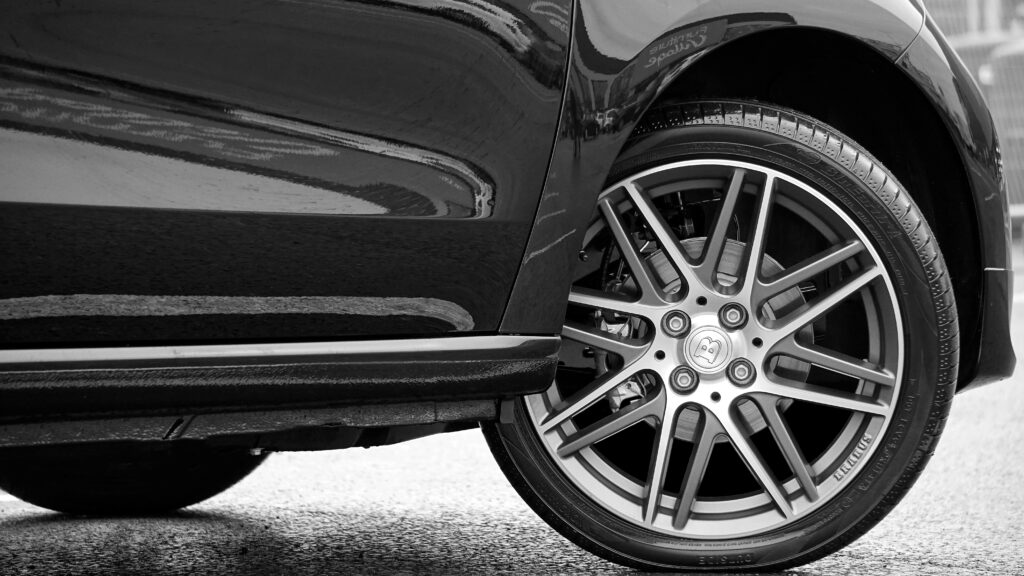
Proper Storage Techniques
Proper storage techniques are essential for maintaining the integrity and performance of your summer tires. Follow these guidelines to ensure your tires stay in top shape during the off-season.
Choose an Appropriate Storage Location
When selecting a storage location for your summer tires, opt for a cool and dry area. Extreme temperatures and humidity can accelerate the aging and deterioration of the tires. Avoid places such as basements or attics that are prone to temperature fluctuations or high levels of moisture.
Keep the Tires Elevated
To prevent flat spotting and maintain the shape of the tires, it is recommended to keep them elevated during storage. Place the tires on a sturdy rack or tire storage stand, ensuring that they are not in direct contact with the ground. This helps distribute the weight evenly and minimizes the pressure on the tire’s sidewalls.
Avoid Stacking Multiple Tires
It is best to avoid stacking multiple tires on top of each other during storage. Stacking can lead to deformation or damage to the lower tires, affecting their performance. If you need to stack the tires due to space constraints, use a tire rack or individual tire storage bags to protect each tire.
Cover the Tires with Tire Bags
To shield your summer tires from dust, dirt, and other debris, it is recommended to cover them with tire bags. Tire bags are designed to fit snugly around the tires, keeping them protected during storage. They also help prevent any potential contact between the tires and other objects that could cause damage.
Rotate Tires Periodically
During extended periods of non-use, it is advisable to periodically rotate the tires. This helps prevent flat spots from forming and ensures even tread wear. Aim to rotate the tires every few months to distribute the weight and alleviate any stress on the tires.
Protection from Direct Sunlight
Direct sunlight can be detrimental to the lifespan and performance of your summer tires. Follow these precautions to protect your tires from the harmful effects of the sun.
Park in Shade or Covered Garage
Whenever possible, park your vehicle in the shade or inside a covered garage. This provides the best protection against prolonged exposure to UV rays, which can cause the rubber to age faster and become brittle. If shade or a covered garage is not available, consider using other sun protection methods.
Use Tire Covers
If you are unable to park in the shade or a covered garage, consider using tire covers to shield your summer tires from direct sunlight. Tire covers are specifically designed to protect the tires from UV rays, reducing the risk of premature aging and deterioration. Ensure that the covers fit securely and cover the entire tire surface.
Apply Sunblock to Prevent Dryness
Applying a tire conditioner or sunblock specifically formulated for tires can help prevent dryness and cracking caused by prolonged sunlight exposure. These products provide a protective layer that acts as a barrier against UV rays and other environmental factors. Follow the manufacturer’s instructions for application and reapplication.
Avoid Hot Pavement
During the summer months, hot pavement can elevate the temperature of your tires, leading to accelerated aging and potential damage. Whenever possible, avoid parking on hot pavement for extended periods. Look for shaded parking spots or areas with cooler surfaces to minimize the heat transfer to your tires.

Maintaining Recommended Air Pressure
Proper air pressure is essential for the overall performance and longevity of your summer tires. Follow these recommendations to ensure that your tires maintain the correct air pressure during periods of non-use.
Check Tire Pressure Regularly
It is important to regularly check the air pressure in your summer tires, even during extended periods of non-use. Use a reliable tire pressure gauge to measure the pressure and ensure that it falls within the manufacturer’s recommended range. Check the pressure at least once a month to catch any gradual loss that may occur over time.
Refer to Manufacturer’s Guidelines
Each tire manufacturer provides specific recommendations regarding the ideal air pressure for their tires. Refer to the manufacturer’s guidelines, which can usually be found in the owner’s manual or on their website. Following these guidelines will help maintain the optimal balance of performance, safety, and tire lifespan.
Avoid Overinflation or Underinflation
Both overinflation and underinflation can have adverse effects on your summer tires. Overinflation can result in a harsh ride, reduced traction, and increased susceptibility to damage from road hazards. Underinflation, on the other hand, can lead to decreased fuel efficiency, uneven tread wear, and increased risk of tire failure. Be sure to follow the manufacturer’s recommended air pressure to avoid these issues.
Extended Non-Use Care
When your summer tires are not in use for longer periods, it is important to provide them with proper care to ensure their integrity and performance when you need them again. Follow these steps to care for your summer tires during extended non-use.
Inspect Tires for Integrity
Regularly inspect your summer tires for signs of damage or deterioration during extended periods of non-use. Look for any cracks, bulges, or other visible damage that may indicate the need for tire replacement. If you notice any significant issues, have the tires inspected by a professional to determine the best course of action.
Check Tread Depth
The tread depth of your summer tires plays a crucial role in their traction and performance. Use a tread gauge to measure the depth of the tire grooves. If the tread depth is near or below the recommended minimum, it may be time to replace the tires. Insufficient tread depth can compromise your safety on the road, especially in wet conditions.
Reinflate Tires to Proper Pressure
During extended non-use, the air pressure in your summer tires may gradually decrease. Before using the tires again, be sure to reinflate them to the proper pressure. Use a reliable pressure gauge to check the current pressure and adjust as needed. Properly inflated tires ensure optimal performance and enhance safety on the road.
Rotate Tires Periodically
Rotating your summer tires periodically during extended non-use helps prevent flat spots and uneven tread wear. Follow the manufacturer’s recommendations for rotating the tires and ensure that the process is performed correctly. This helps equalize the wear pattern across all tires, extending their overall lifespan.
Consider Professional Tire Services
If you are unsure about how to properly care for your summer tires during extended non-use, or if you prefer to have the expertise of professionals, consider seeking professional tire services. Tire professionals can perform thorough inspections, recommend the best storage and maintenance practices, and provide additional services such as tire rotation, balancing, and alignment.

The Importance of Regular Inspection
Regular inspection of your summer tires is crucial to maintaining their performance and safety. Follow these guidelines to ensure that your tires remain in optimal condition.
Visual Examination
Regularly visually inspect your summer tires for any signs of damage or wear. Look for cuts, bulges, cracks, or any other visible abnormalities. Promptly address any issues you notice to prevent further damage or potential tire failure.
Check for Cracks or Punctures
Inspect the sidewalls and tread of your summer tires for any cracks, punctures, or other damage. Cracks can indicate aging or deterioration, while punctures may result from road hazards. If you discover any significant damage, it is best to replace the tire to ensure your safety on the road.
Ensure Tread Wear is Even
Even tread wear is important for optimal performance and safety. Inspect the tread pattern across all four tires and ensure that the wear pattern is uniform. If you notice any uneven wear, it may indicate an alignment issue or the need for tire rotation. Addressing these issues promptly can prevent further damage to the tires and ensure a smooth and comfortable ride.
Validate Tire Age
Tire age plays a crucial role in their overall condition and performance. Even if your summer tires appear to be in good shape, their age may impact their reliability. Tires typically have a lifespan of around 6-10 years, depending on various factors such as usage, storage conditions, and exposure to sunlight. If your tires are nearing or have exceeded their recommended lifespan, it is advisable to replace them, regardless of their physical appearance.
Replace Damaged or Aged Tires
If you discover any significant damage, such as cuts, punctures, or bulges, or if your summer tires have exceeded their recommended lifespan, it is best to replace them. Damaged or aged tires pose a significant risk to your safety and may not provide the necessary traction and performance required, especially in wet or challenging road conditions. Always prioritize your safety by ensuring that your tires are in good condition.
Professional Tire Services
Professional tire services can play a vital role in the maintenance and care of your summer tires. Consider the following services to ensure your tires receive the necessary attention to perform at their best.
Tire Rotation and Balancing
Regular tire rotation helps promote even tread wear and extends the lifespan of your summer tires. Additionally, tire balancing ensures a smooth and comfortable ride by correcting any weight imbalances in the tires. Professional tire rotation and balancing services use specialized equipment to perform these tasks accurately.
Alignment Check and Adjustment
Proper wheel alignment is crucial for optimal tire performance and even wear. Misaligned wheels can result in uneven tread wear and affect the handling and stability of your vehicle. Professional alignment services can accurately assess the alignment of your wheels and make any necessary adjustments to ensure your summer tires wear evenly and provide optimal performance.
Tire Storage Facilities
If you lack adequate space or the appropriate storage conditions for your summer tires, consider utilizing tire storage facilities. These facilities offer climate-controlled storage spaces specifically designed to maintain the condition of your tires during the off-season. This helps ensure that your tires remain in optimal condition until you need them again.
Tire Pressure Monitoring System
A tire pressure monitoring system (TPMS) is a valuable tool for monitoring the air pressure in your tires. TPMS sensors continuously monitor the pressure in each tire and provide real-time feedback to the driver. This allows you to quickly identify and address any deviations from the recommended pressure, ensuring optimal tire performance and safety.
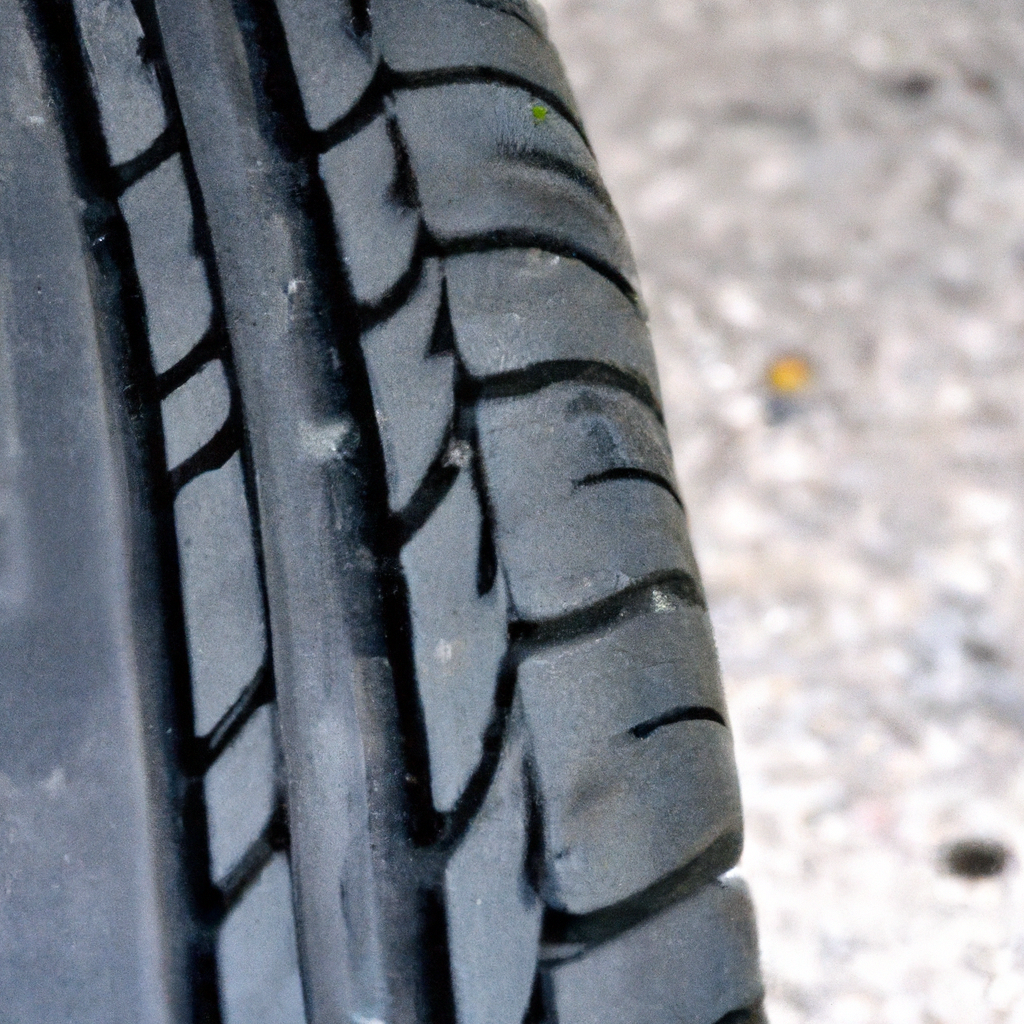
Common Mistakes to Avoid
To ensure the longevity and performance of your summer tires, it is important to avoid common mistakes that can lead to damage or premature wear. Take note of the following pitfalls to steer clear of them.
Neglecting Tire Cleaning
Regular tire cleaning is essential for the maintenance and longevity of your summer tires. Neglecting to clean the tires regularly allows dirt, grime, and road debris to accumulate, potentially causing damage or compromising tire performance. Make it a habit to clean your tires thoroughly and regularly to remove any debris and maintain their appearance and integrity.
Storing Tires on Uneven Surfaces
Storing your summer tires on uneven surfaces can lead to improper weight distribution and distort the tire’s shape. This can result in flat spots or even permanent damage to the tires. Ensure that the surface on which you store your tires is level and provides support across the entire tire surface.
Leaving Tires Exposed to Sunlight
Prolonged exposure to direct sunlight can accelerate the aging process of your summer tires, causing them to become brittle and deteriorate faster. Leaving your tires exposed to sunlight for extended periods, especially without any protection, can significantly reduce their lifespan. Always aim to store your tires in a cool, dry place away from direct sunlight.
Ignoring Changes in Tire Pressure
Neglecting to monitor and address changes in tire pressure can lead to adverse effects on tire performance and safety. Overinflated tires can result in reduced traction and handling, while underinflated tires can compromise fuel efficiency and increase the risk of tire damage. Regularly check and maintain the recommended air pressure to ensure optimal tire performance.
Neglecting Visual Inspections
Visual inspections play a crucial role in identifying any potential issues with your summer tires. Neglecting to visually inspect the tires regularly can lead to unnoticed damage or wear, compromising your safety on the road. Take the time to visually examine your tires, looking for any cuts, bulges, or other visible abnormalities, and address them promptly.
Conclusion
Proper care and maintenance of your summer tires are essential to ensure their optimal performance, lifespan, and your safety on the road. Regular cleaning, proper storage techniques, protection from direct sunlight, maintaining recommended air pressure, and regular inspections are key elements in maintaining the integrity of your summer tires. Consider professional tire services when needed, follow manufacturer recommendations, and avoid common mistakes to extend the lifespan of your summer tires. By following these guidelines, you can enjoy the ultimate performance and longevity of your summer tires while keeping yourself and your passengers safe on the road.
